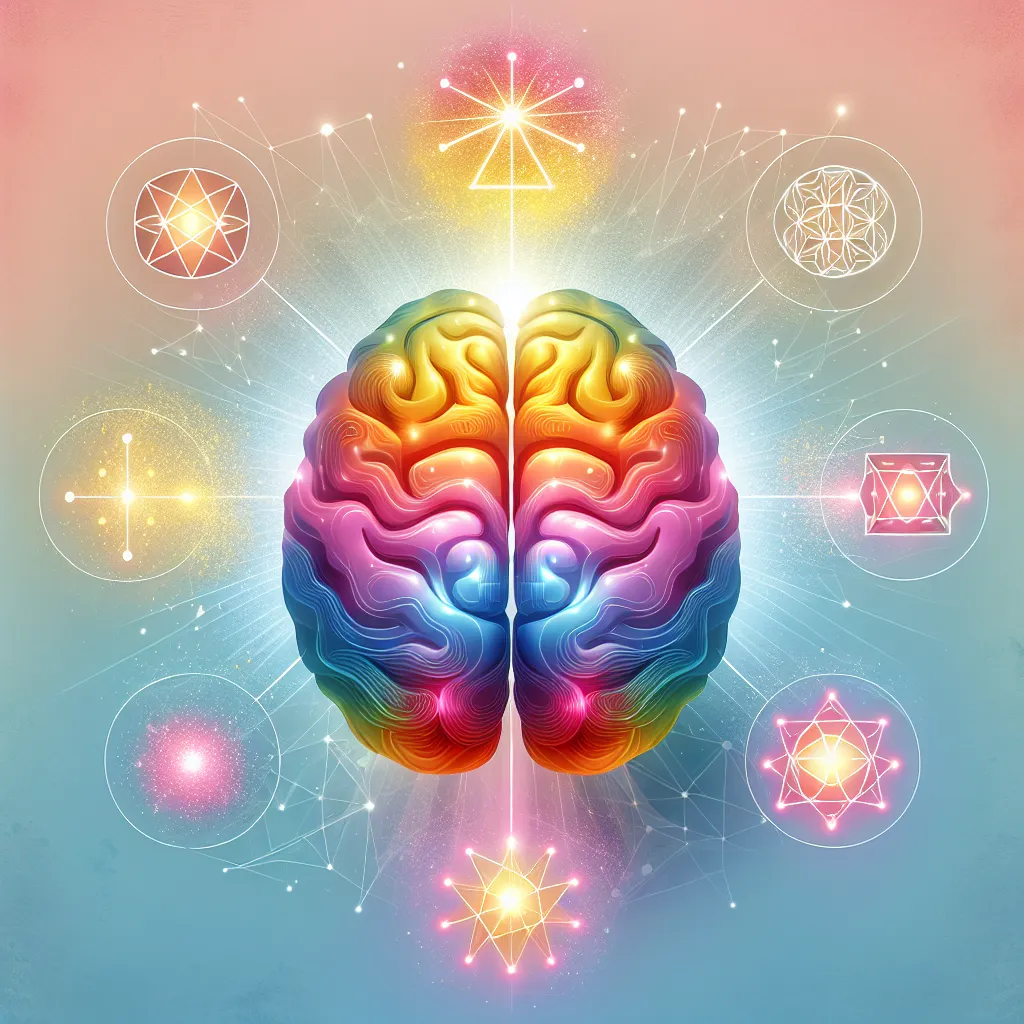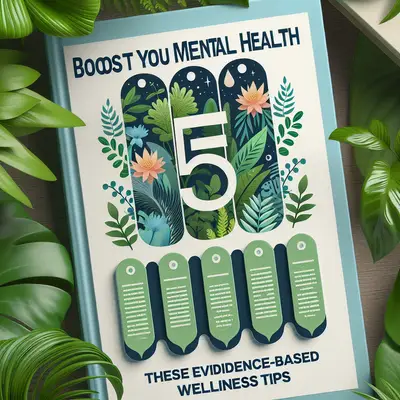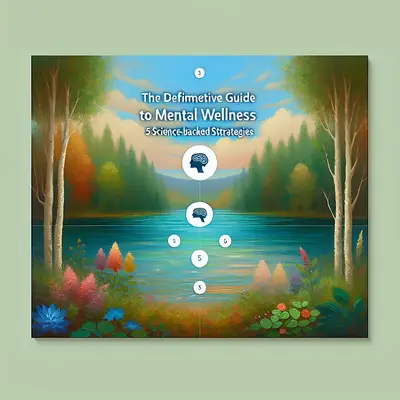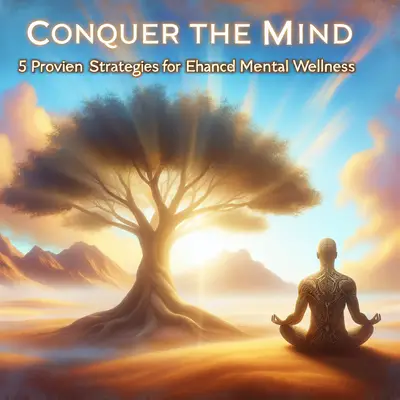Mindful Meditation
Mindful meditation has been making waves in the realm of mental health. This practice involves focusing on the present moment and accepting it without judgment. A study in the journal JAMA Internal Medicine found that mindful meditation can help ease psychological stresses like anxiety, depression, and pain. Incorporating mindfulness into your daily routine can help you stay grounded, reducing stress, and enhancing overall mental wellbeing.
Regular Exercise
The benefits of physical activity extend beyond the physical. Regular exercise releases endorphins, the body's natural mood lifters, and contributes to better sleep, both crucial for mental health. A study published in The Lancet Psychiatry found a strong link between regular exercise and reduced incidence of mental health issues. Whether it's a brisk walk, yoga, or a high-intensity workout, find an activity you enjoy and make it a part of your routine.
Balanced Diet
"You are what you eat" isn't just a cliché. Nutrition plays a significant role in mental health. The brain needs a mix of nutrients to function optimally, and a deficiency can lead to depression and anxiety. A study in BMC Medicine found a direct link between a healthy diet and a reduced likelihood of depression. Incorporating a variety of fruits, vegetables, lean proteins, and whole grains into your meals can significantly boost your mental wellbeing.
Quality Sleep
Quality sleep is vital for our mental health. Chronic sleep deprivation can lead to a range of mental health issues, including depression and anxiety. A study in Sleep Medicine Reviews found that insomnia increases the risk of developing a mental health disorder. Aim for 7-9 hours of sleep each night, establish a regular sleep schedule, and create a sleep-friendly environment to improve your overall mental health.
Social Connection
Humans are social creatures. We thrive on connection, and our mental health suffers when we feel isolated. A study in American Sociological Review found that lack of social connection is a significant risk factor for depression. Maintaining strong relationships with family, friends, and community can provide emotional support, reduce stress, and promote mental wellbeing.
Conclusion
Mental wellbeing is not a destination, but a journey. These five strategies are stepping stones on your path to a healthier, happier mind. By incorporating mindful meditation, regular exercise, a balanced diet, quality sleep, and social connection into your life, you can cultivate a state of mental wellbeing that empowers you to live your best life. It's time to decode the secrets of mental health and take charge of your wellbeing.



